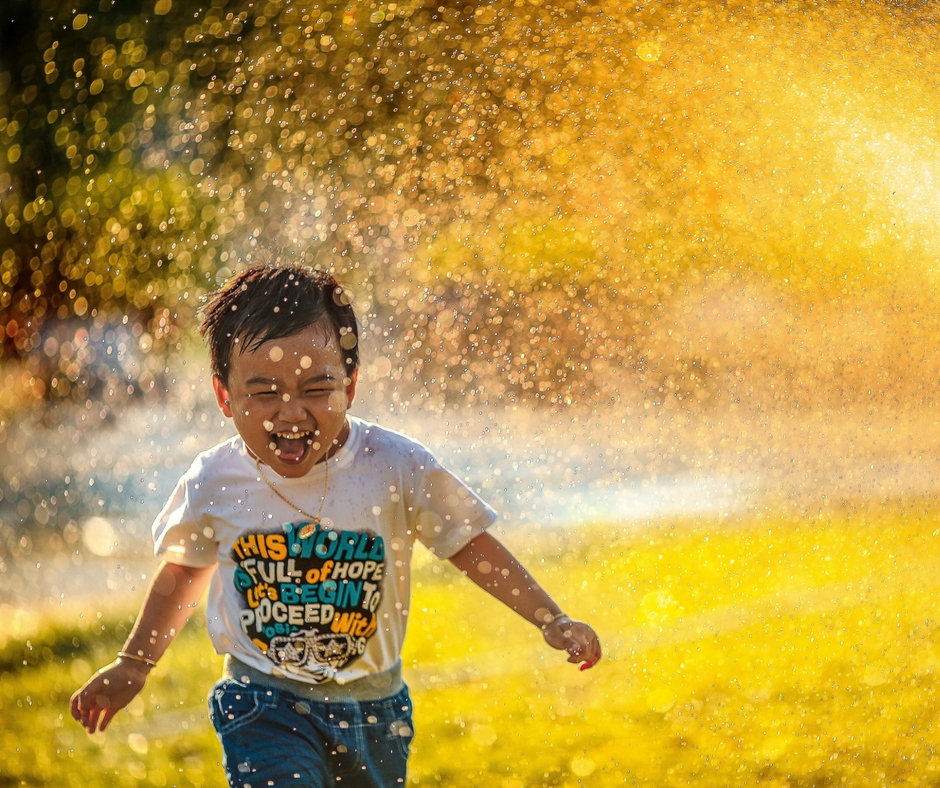The Science of Happiness

Gallup recently announced for the first time in almost 10 years, most Americans feel as if there has been no improvement in their well-being. The Well-Being Index began in 2009 and defines well-being by tracking an individual’s sense of purpose, their supportive relationships, financial security, their community, and physical health.
The latest Well-Being Index is based on more than 160,000 interviews last year with adults living across all 50 states and included these sorts of metrics:
- An increase in experiencing significant worry on any given day
- A sharp uptick in reporting "little interest or pleasure in doing things"
- An increase in clinical diagnoses of depression
- Elevated reports of daily physical pain
- A decline in reports of receiving "positive energy" from friends and family members
- A drop in reports of liking "what you do each day"
- A decrease in those who have a leader in their life who makes them "enthusiastic about the future"
Sound familiar? We are living in, as I’ve heard Stephen Colbert describe it, “consequential times.” And that creates a weight, particularly if you believe those around you are not as concerned with the consequences of their actions as you are.
Here’s where this new and uplifting podcast comes in. Each week The Science of Happiness, produced by the Greater Good Science Center, shares techniques that have been shown to improve your well-being. First, they introduce you to their weekly “guinea pig”—a person who has agreed to practice the technique and report on its results—and then you meet a leading researcher in that field who explains the science behind it and provides broader context. Each episode is less than 30 minutes and well-produced.
I have long been a practitioner of gratitude (going so far as to have a tattoo to represent the habit), but even I’ve learned some new techniques around that particular spiritual discipline in two of the episodes. And the episode on self-criticism really hit home, both because that’s a hard topic for me—and many others—and because the guinea pig, a former inmate, is inspiring.
I don’t know the answers to our world’s big problems, but I do know they weigh on me. Perhaps, by continuing to seek to improve my day-to-day attitudes and actions, I’ll enrich the lives of those around me and my bigger community. The Science of Happiness helps me do just that.
Find out more about The Science of Happiness here or subscribe wherever you listen to podcasts. The Greater Good Science Center based at the University of California, Berkeley, also has multiple newsletters you can subscribe to.
Photo by MI PHAM on Unsplash




